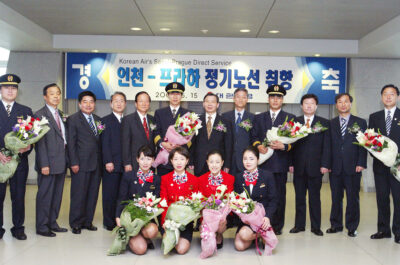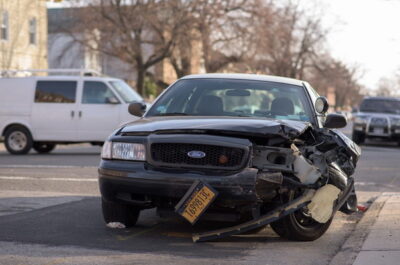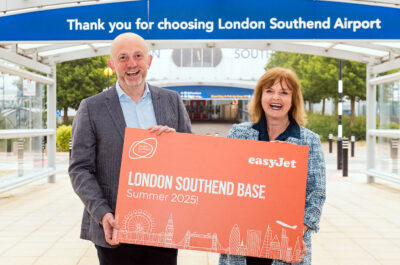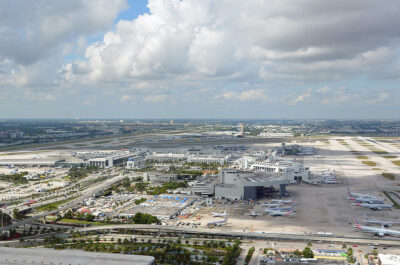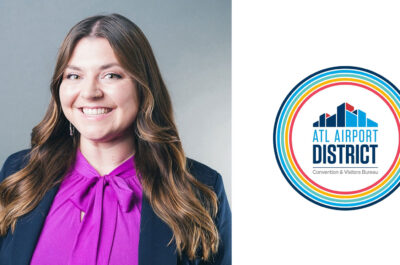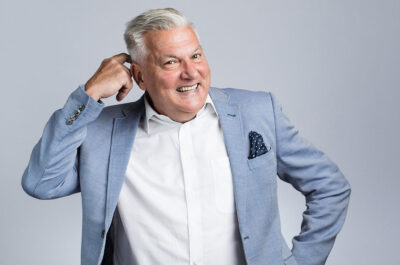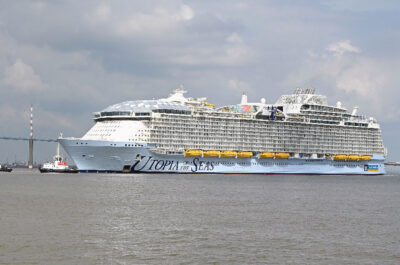The European Commission has called on Member States to improve their ability to respond to 112 calls…
The European Commission has called on Member States to improve their ability to respond to 112 calls. The single European emergency phone number can now be called from any phone, fixed or mobile, across the EU 25, but in practice, the 112 number is not working as well as it should. Some countries have not put in place the resources to handle the number of languages required, in others the right technology is not in place to locate cell phone callers geographically, and in many countries people are just not aware that the service exists. Member States urgently need to invest additional resources to resolve logistic and linguistic problems and then inform citizens better about the number.
Information Society and Media Commissioner Viviane Reding said: With international business travel soaring and countless families taking regular holidays abroad, this pan-European emergency number is an absolute essential, not a luxury add-on. What number do you call if you are British and you need an ambulance in Greece on holiday? What number do you call on your mobile if you are involved in a road accident in Sweden, or if there`s a fire in your apartment in Prague? We must end the days when this 112 emergency number is `one of Europe`s best kept secrets`. And governments must invest the necessary resources to make this a service you can rely on. We cannot afford not to make a success of this service. Failure to act now could add to emergency response times, and hence endanger human lives.
112 was originally set up as a number which could be used by citizens who travel abroad, as they would only have to remember one number, wherever they go. Putting such a number in place was a challenge for all countries, as they had to coordinate actions of several public bodies at national or local level. Some Member States already have a good record in handling emergency calls, which is why the Commission believes it is beneficial to share best practice across the EU.
In July, Commissioner Reding sent letters to the Ministers in charge of 112 in all 25 EU Member States and asked them about the progress made in implementing and publicising the single European emergency number 112 in their respective countries. The Commission has also invited representatives of all 25 EU Member States to attend a conference in Brussels today to share best practices in handling 112 calls. Today`s conference is the first of its kind, at European level, to bring together administrations from all Member States with responsibilities for electronic communications and civil protection. Consumer associations have also been invited to take part as observers. It will look at what Member States have done so far, and whether improvements could be made at national level by taking into account the experience of other Member States.
These include increasing the language capabilities of emergency call handling centres, establishing integrated centres that would bring together all services, ensuring that caller location information is readily available.
To build on the results of today`s conference, the Commission will propose to set up an expert group of delegates from the relevant public bodies to look at practical ways to remedy shortcomings identified so far. The Commission believes that the conference, and the expert group`s work, will help to improve the quality of emergency services provided to all EU citizens, especially when they are travelling.
In addition, many emergency call handling centres need technology upgrades to enable them to handle the automatic emergency calls (eCalls) that cars will soon be able to make in the event of a crash, even if the driver is unconscious. eCall systems can report your exact location to the emergency services, provided that they are able to process the data (see IP/05/1137). If all cars in Europe were equipped with eCall technology, it could cut emergency response times in rural areas by up to 50% and in urban areas up to 40%, saving up to 2,500 lives per year.
Although public awareness of the existence of 112 is growing, the Commission believes that more could be done to publicise it. Once the Commission is satisfied with the overall quality of service, it will launch a communication campaign to raise the awareness of the public at large of the benefits that 112 can offer.
Developing a reliable and efficient emergency service through 112, and the use of eCall technology, are part of the EU`s European Information Society 2010 (i2010) strategy to boost growth and jobs in the digital economy. Commissioner Reding has already signalled her willingness to make full use of the Commission`s powers to ensure that the current legislation on electronic communications – including EU rules on the single European emergency number – is implemented efficiently in all 25 Member States.
Background:
Article 26 of the Universal Service Directive (2002/22/EC) states that Member States must ensure that calls from fixed and mobile phones to 112 are free of charge. Furthermore, the handling of the calls must be appropriate. This should be enhanced by enabling emergency centres to process caller location information. Member States should also publicise 112 as the single European emergency number.
In February 2005, the Commission and Europe`s automotive industry agreed on an action plan that aims at ensuring that eCall is available in all new cars from 2009.
Theodore is the Co-Founder and Managing Editor of TravelDailyNews Media Network; his responsibilities include business development and planning for TravelDailyNews long-term opportunities.

























































